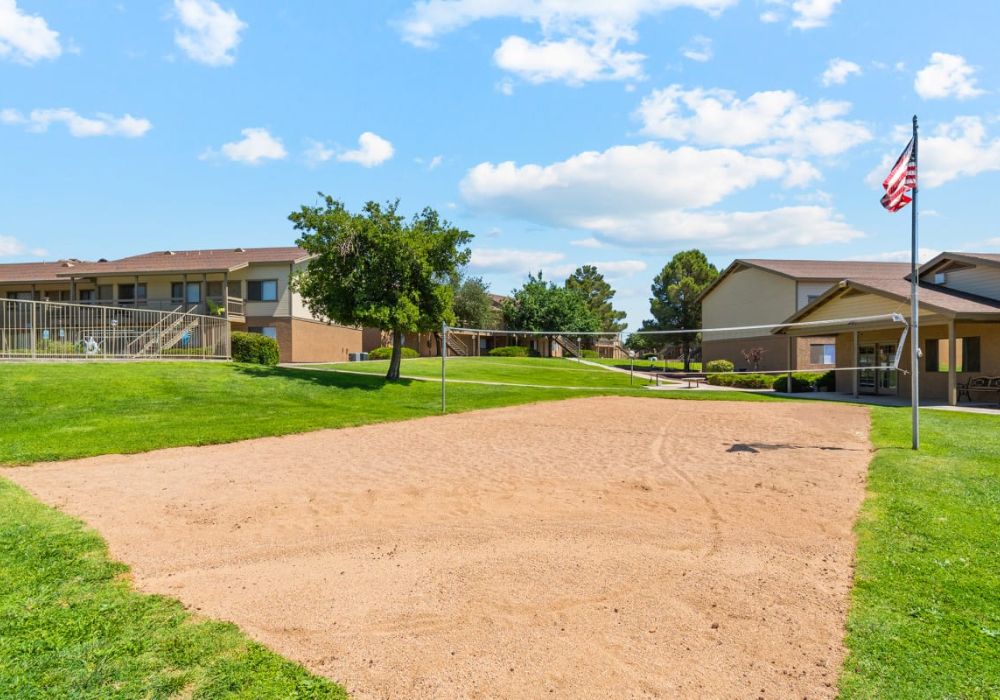Living in an apartment can have many advantages, such as convenience, affordability, and location. However, one of the biggest downsides can be dealing with noisy neighbors. Whether it's music blasting at all hours of the night or stomping from upstairs, unwanted noise can disrupt your peace of mind and make it difficult to relax.
Fortunately, there are many ways to minimize the noise and create a more peaceful living environment. In this article, we'll explore some effective strategies for reducing noise from upstairs neighbors, including tips from How to Reduce Noise From Upstairs Neighbors. So if you're tired of being disturbed by your neighbors and ready for some solutions, keep reading.
1. Try Ceiling Clouds and Acoustic Fixtures

Looking for a way to reduce the noise coming from your upstairs neighbors? Acoustic panels, also known as ceiling clouds, can be a great solution.
They're designed to absorb sound waves and reduce echoes, and can be a real conversation starter with your guests. Just make sure to check with your landlord before installing them, as they need to be securely mounted. If your landlord doesn't allow them, consider using acoustic light fixtures, which can also help reduce sound.
2. Rearrange Your Furniture
Believe it or not, rearranging your furniture can make a big difference in reducing noise. Try placing your furniture against the walls that are farthest away from your upstairs neighbors. This can help to absorb some of the noise and make your home feel cozier too.
3. Fill Up Your Bathroom
One way to improve your privacy is to add some sound-absorbing materials. Consider bringing in a small linen closet or storage cabinet to place against the wall, which can help muffle sound. If space is an issue, filling the bathroom with soft goods like rugs and towels can also help. These items can act as sound barriers and help reduce noise from your noisy upstairs neighbors.
4. Seal the Windows
If you have windows in your apartment that face the street, they could be letting in a lot of noise. Try sealing them with weather stripping or draft stoppers to reduce the amount of noise that comes in.
5. Seal the Doors
Same goes for your doors. Use weather stripping or draft stoppers to seal the gaps between your door and the frame. This can help to reduce noise and keep your home cozy and warm.
6. Hang Wall Art and Tapestries
Not only will this add some personality to your space, but hanging wall art and tapestries can also help to absorb sound and reduce noise.
7. Add Thick Rugs with Rubber Backing

Thick rugs with rubber backing can help to absorb sound and reduce noise. Plus, they're soft and cozy on your feet.
8. Get to Know Your Neighbors
This may not seem like a trick to reduce noise, but getting to know your upstairs neighbors could actually help. If they're aware of how loud they're being and how it's affecting you, they may be more mindful in the future.
So, there you have it! 8 fiercely clever tricks to help you reduce noise from your upstairs neighbors. Try them out and let me know which ones work best for you. And if all else fails, invest in some noise-cancelling headphones and pretend you're on a tropical island far, far away from all that noise.
9. Talk to Management
If you have already tried to address noise disturbances with your upstairs neighbors and implemented DIY soundproofing techniques without success, it may be time to involve your apartment complex's management team. The management team has the authority to take action and promote peace between neighbors.
To initiate contact with your management team, write an email or letter explaining the noise disturbances. Include a brief description of the situation, a copy of the letter you wrote to your upstairs neighbors (if applicable), a step-by-step outline of the measures you took to reduce the noise prior to contacting them, and suggestions for ways that management can help resolve the issue.
10. Call The Police
In some cases, involving the police may be an option, particularly if the noise is excessive and continues late into the night, violating local noise ordinances. However, it's important to note that involving the police should be a last resort and should only be considered after other options, such as talking to your neighbors or contacting your landlord, have been exhausted.
FAQS about How to Reduce Noise From Upstairs Neighbors
I can hear everything upstairs in my house, what can I do?
Install Acoustic Panels: Acoustic panels, also known as soundproofing panels, can be installed on the walls or ceiling to reduce noise. These panels are designed to absorb sound waves and reduce echoes.
Is it normal to hear footsteps upstairs in a house?
It is not considered normal to hear footsteps upstairs in a house. The building authority uses a standard called Sound Transmission Class (STC) of 55 to measure how much sound passes through the flooring. However, this standard does not account for impact noises such as stomping or dragging furniture.
These noises are measured by a different gauge, called Impact Insulation Class (IIC). If you live in an older apartment, you may be more likely to hear footsteps from upstairs.
How to exercise in an upstairs apartment?
Exercising in an upstairs apartment can be a challenge, but there are ways to do it without disturbing your downstairs neighbors. Here are some tips to help you exercise without causing too much noise:
1. Choose low-impact exercises:
Exercises like yoga, Pilates, or bodyweight exercises that don't require a lot of jumping or bouncing can be great options. They are less likely to cause excessive noise and vibration.
2. Invest in a good exercise mat:
A thick exercise mat can help to absorb sound and reduce the amount of noise that travels through the floor. It can also protect your flooring from damage.
3. Choose the right time:
Avoid exercising early in the morning or late at night when your neighbors are more likely to be sleeping. Consider exercising during the day or early evening when noise is more acceptable.
4. Use headphones:
If you're listening to music or following along with an exercise video, use headphones instead of playing it out loud. This can help to minimize noise for your downstairs neighbors.
5. Inform your neighbors:
If you're concerned about causing too much noise, consider talking to your downstairs neighbors and letting them know that you'll be exercising. Ask them if there are specific times that are better for them or if they have any concerns.
Conclusion
In conclusion, if you are struggling with noise from upstairs neighbors, following the tips provided in "How to Reduce Noise From Upstairs Neighbors" can help you minimize the disturbance and create a more peaceful living environment.
Remember to address the issue calmly and respectfully with your neighbors, and consider investing in soundproofing solutions that will benefit both you and your neighbors in the long run.





